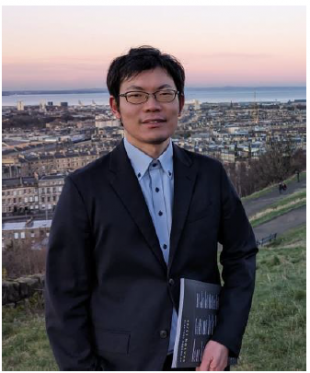Location:
Yew lecture theatre
Date:
Abstract
The growing demand for more bandwidths continues to exacerbate the pressure on the radio frequency (RF) spectrum. To address this increased demand, visible light communication (VLC) could be offered to provide a large, unlicensed spectrum in the optical domain.
One of the key challenges to realise the VLC system is to provide wide coverage in mobile applications. A viable solution to the coverage challenge is to use a wide field of view (FOV) photodetector (PD). An angular diversity receiver (ADR), composed of multiple PDs pointing in different directions, has been proposed for VLC systems to provide wide communication coverage.
In this presentation, I will present a novel ADR based VLC system for Internet of Things (IoT) sensor networks. A frustum-type ADR is implemented with the equal gain combining (EGC) for signal-to-noise (SNR) enhancement. The ADR and the transceiver’s analog front end (AFE) are designed and prototyped. To show the feasibility of the IoT application, a real-time sensor network system using the ADR is demonstrated.
Biography
Ryo Harada received a B.Sc. in electrical engineering from Tokyo University of Science, Tokyo, Japan, in 2012, and a M.Sc. in electrical engineering from Tokyo University of Science, Tokyo, Japan, in 2014. After working at a research and development division for seven years, he is currently working towards a PhD in the Institute for Imaging, Data and Communications (IDCOM), School of Engineering, The University of Edinburgh, U.K. His research interests include visible light communication and wireless communication.



